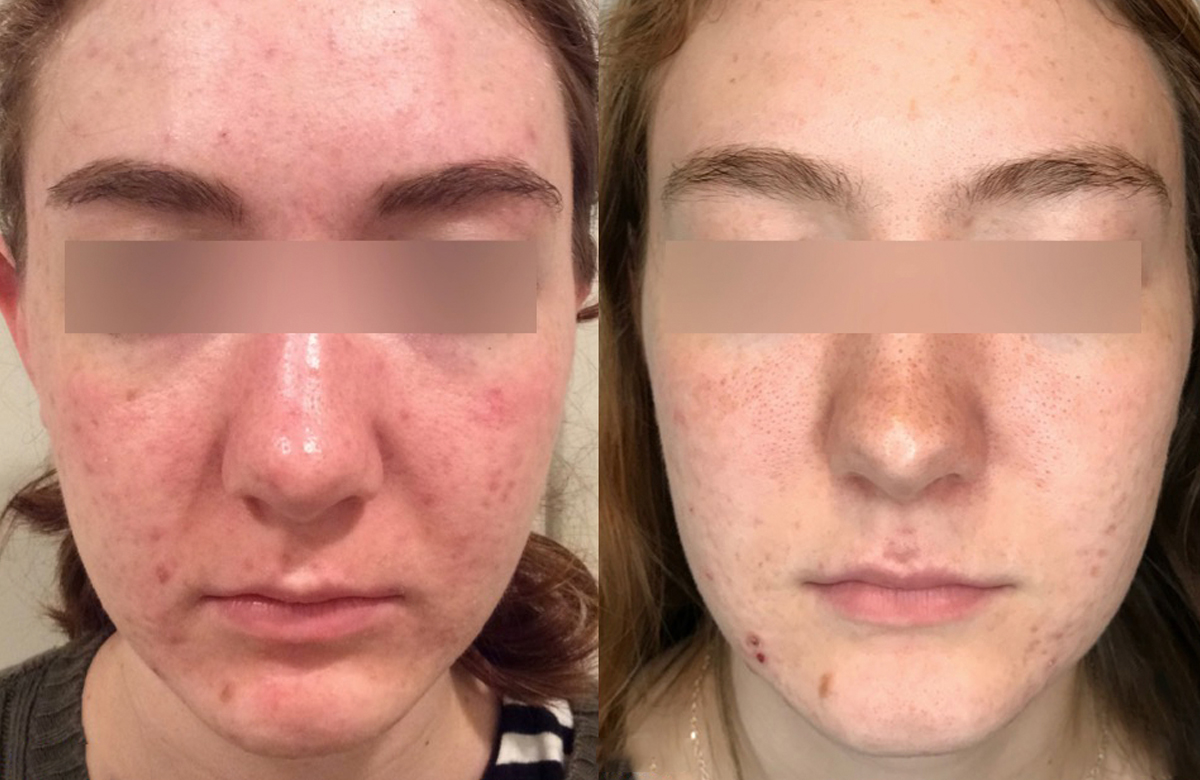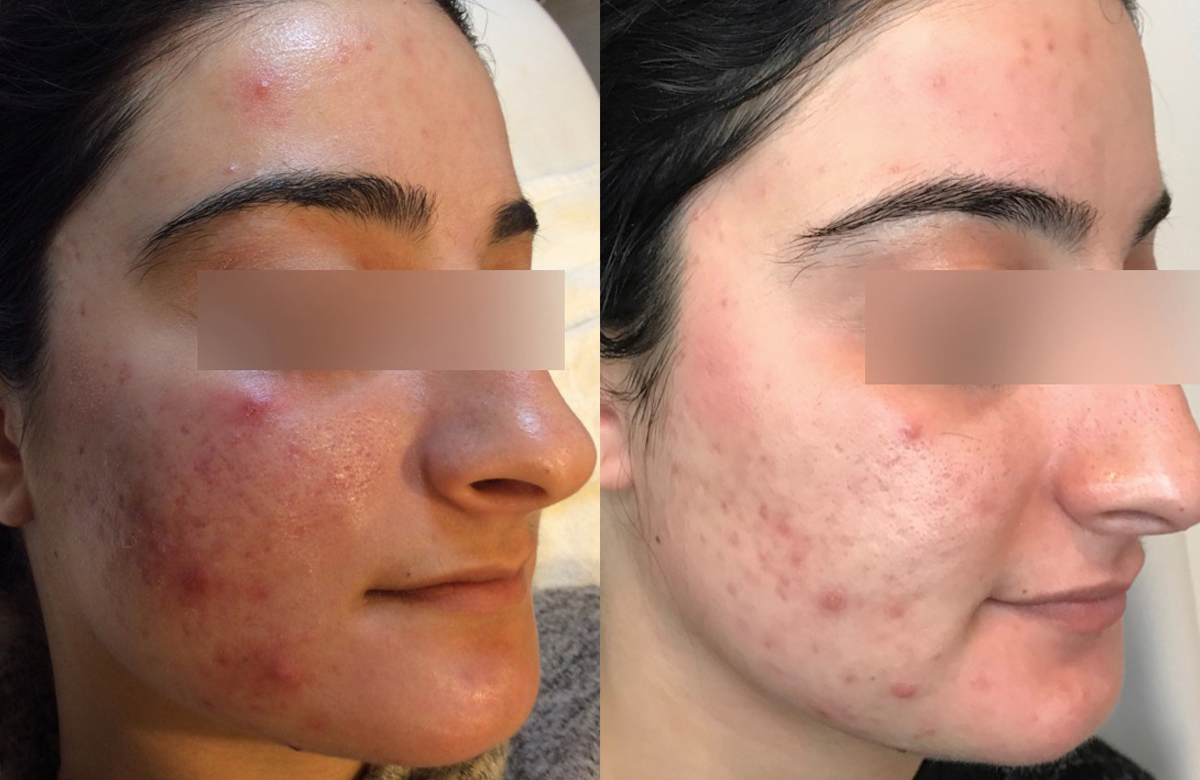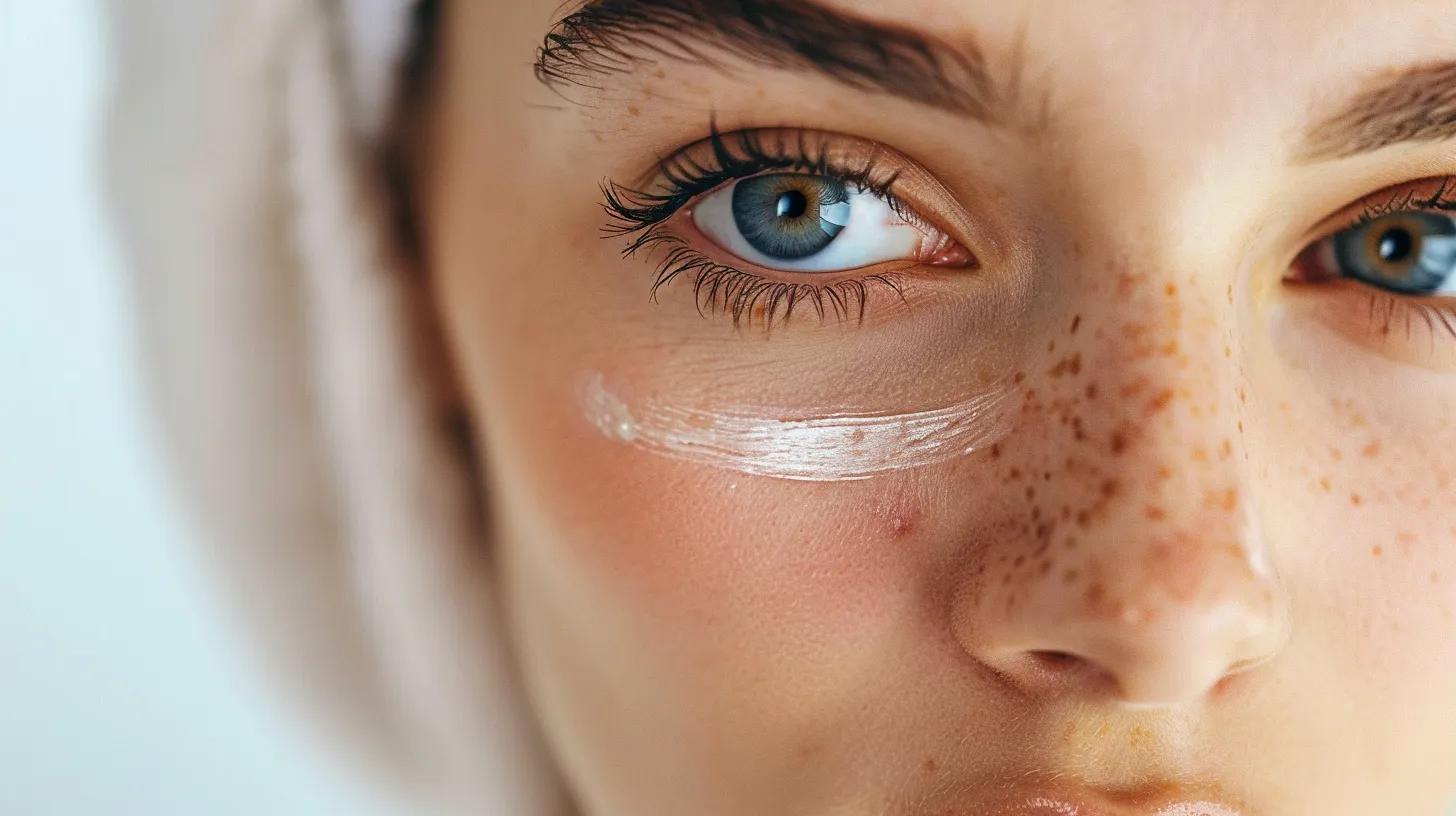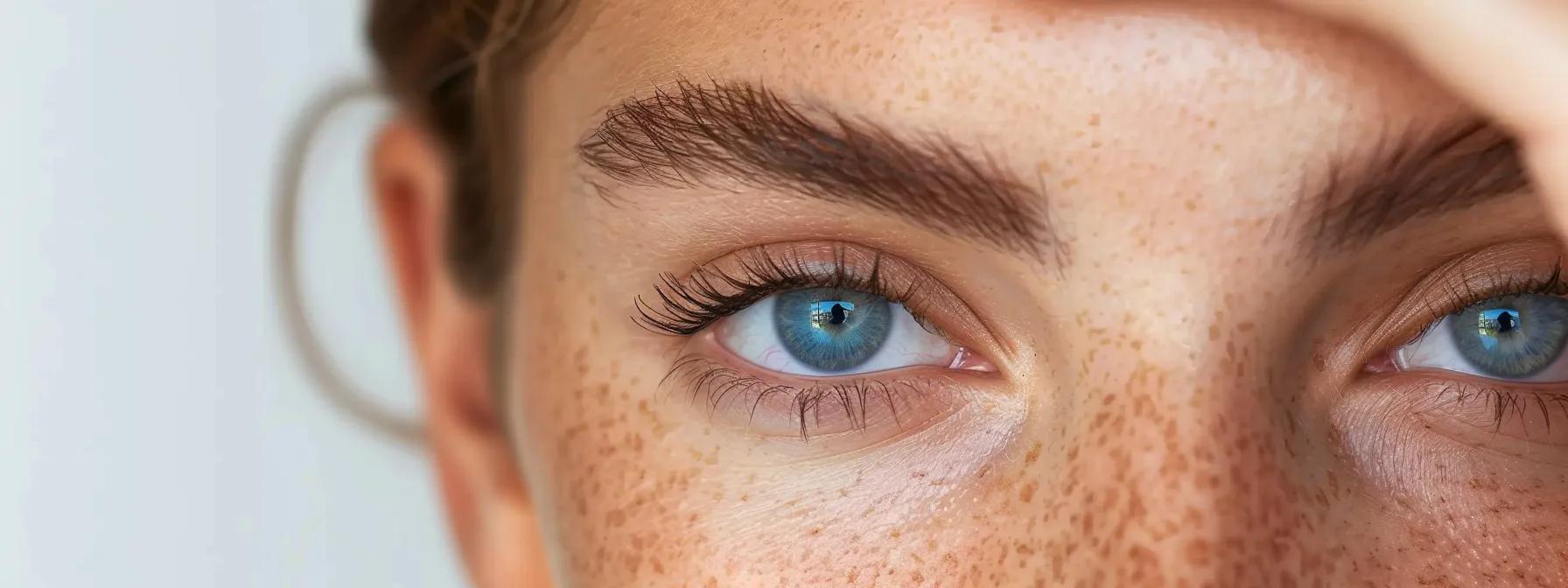Acne is frustrating and stressful, whether it is blackheads, whiteheads, or pimples. For people with cystic acne, it can become painful and leave deep scars. This type of acne should be treated by a professional with the tools to help you achieve lasting acne control and lessen scarring.
What is Cystic Acne?
Many people associate acne with their teenage years, but it can continue into or even appear during adulthood. Acne develops when pores become blocked with oil, dead skin cells, and other debris. In some cases, bacteria become trapped inside these pores, causing them to become inflamed and sore. When this inflammation penetrates deep into the skin, it can become cystic acne. These deep, inflamed bumps take a long time to go away and can leave scars.
Causes of Cystic Acne
Cystic acne forms when oil, dead skin cells, and bacteria clog pores deep under the skin. This leads to painful, inflamed bumps. But the root causes go beyond surface-level issues.
Hormonal changes are one of the biggest triggers. During menstruation, pregnancy, or menopause, hormone levels shift. This can make oil glands work overtime, leading to cystic acne.
Genetics can also increase your chances. If your parents had severe acne, you might be more likely to get it too.
Certain medications, like corticosteroids or lithium, can trigger cystic acne as well. Environmental factors such as sweating or humidity may also worsen flare-ups.
People with naturally oily skin tend to experience more frequent or severe cystic acne breakouts.
Dietary Impact on Cystic Acne
While diet isn’t always the direct cause of cystic acne, certain foods can make it worse. High-glycemic foods, like white bread, sugary snacks, and sodas, can spike insulin levels. This may lead to more oil production, which can clog pores.
Dairy products have also been linked to acne flare-ups in some people. Milk, cheese, and other dairy items may affect hormone levels, contributing to breakouts.
Everyone’s skin reacts differently to food. Some may notice flare-ups after eating certain items, while others might not. Keeping a food diary can help you track if specific foods are triggering your acne.
Although diet isn’t the only factor, adjusting what you eat could help reduce cystic acne.
Preventive Measures for Cystic Acne
Preventing cystic acne involves more than just washing your face. Start by using gentle, oil-free skincare products. Harsh scrubs or alcohol-based cleansers can irritate the skin and make acne worse.
Make sure to clean your face at least once a day, especially after sweating or wearing makeup. Choose non-comedogenic products that won’t clog your pores.
Try to avoid touching your face throughout the day. Picking or popping cysts can lead to scarring or infections.
Managing stress is also important. Stress triggers hormone changes that can cause cystic acne to flare up. Practicing relaxation techniques or getting enough sleep can help.
Environmental factors, like high humidity or exposure to greasy environments, can also contribute to acne. If you work in these conditions, washing your skin regularly can help prevent breakouts.
Home Remedies and At-Home Treatments for Cystic Acne
While professional treatments are often needed, some home remedies can help manage cystic acne. Applying a warm compress can reduce inflammation and encourage pus to come to the surface. Just make sure to use a clean washcloth and avoid extremely hot water.
Over-the-counter topical treatments like benzoyl peroxide and salicylic acid can also help. These ingredients work to kill bacteria and remove dead skin cells, which reduces clogged pores.
Avoid using harsh scrubs or DIY treatments like toothpaste or baking soda. These can irritate the skin and make the acne worse.
Sticking to a gentle skincare routine, removing makeup before bed, and using non-comedogenic products are simple but effective steps you can take at home.
